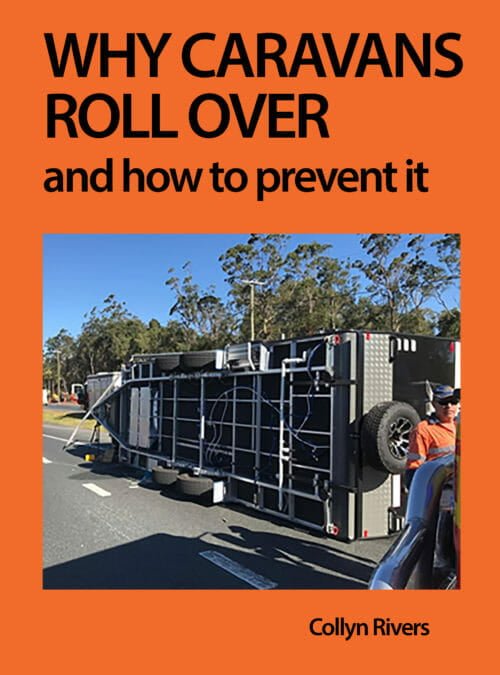Charging your electric car at home or work is already totally feasible from a standard grid connection. Many already do so. Small electric cars, such as a Nissan Leaf, require a usually existing standard 230 volt ac 15 amp power point and a power cable that plugs into the car’s on-board charge.
Household Solar
Upgrading solar system has unexpected traps
Upgrading an existing solar system has unexpected traps. It is often better to scrap, use elsewhere, or attempt to sell that existing, and install a new one. This is particularly so with grid-connect systems and doing so with stand-alone systems is still tricky.
Fuel cells for homes and properties
Fuel cells for homes and properties provide clean silent electricity. High current prices hinder their acceptance, but this may soon change. Fuel cells enhance solar. Furthermore, they may all but eliminate our need for battery storage. Fuel cells hugely reduce harmful emissions.
Convert to your own all solar home
This vital easy to read guide shows you how to convert to your own all solar home at minimal cost. You can readily do this in much of the world between 50-degree latitudes north/south. This easy to read article shows that doing so can save you thousands of dollars.
Have portable solar in your rented home
It is often feasible to have portable solar in your rented home. Here’s how to do it simply, safely, legally and cheaply using readily bought parts. It requires space that faces the sun for some daylight hours year-round. It must also be within 50 degrees latitude north or south. You use high efficiency maximum-size solar modules to maximise input
How to stop paying for electricity
We always wanted to stop paying for electricity, and now we have. It getting easier to free yourself from dependence on the grid. We decided against going off grid. Why waste excess electricity when someone is willing to pay for it!
Inverters for Homes and Properties
Inverters for homes and properties convert the typical 24 or 48 volt battery bank’s output into grid-like 110 or 230 volt alternating current. Consider only those marketed as sine-wave (not modified sine wave etc). High quality sine wave inverters produce electricity that is ‘cleaner’ than the average grid supply. Other types do not. Their output is likely to wreck sensitive electronics.
Grid connect solar problems – what vendors may not reveal
Grid connect solar problems include, false promotion and vendor claims, incompetent installation etc. Here’s what vendors may not tell you.
Solar Shadowing – reducing the losses
Solar shadowing is like blocking a water pipe. If one cell is fully shadowed, it does not just block current through that cell, it blocks the entire string. Because of this, only a few shadowed cells can block your total solar output. If partially shadowed, (e.g. by light cloud) the loss is proportional to the amount of sunlight being blocked. The higher quality solar modules produce some output unless clouding is severe. It is, however, rare to have zero during ‘daylight hours’.
Solar Modules for Homes and Properties
Top quality solar modules for homes and properties catch 18% to 20% of the solar energy available. This is typically 140 watts-180 watts per square metre in full sun from about 10 am to 2 pm. Input tapes off before and after. The most efficient are priced accordingly.




